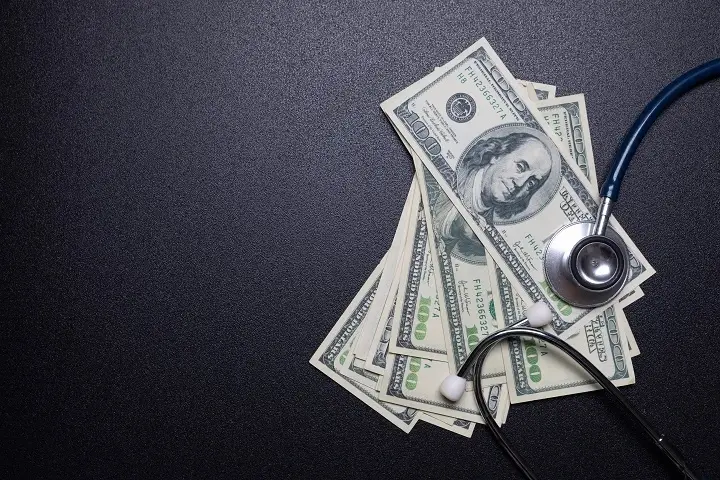-
Posted on: 26 Feb 2024

-
Many people and families throughout the United States worry greatly about medical debt. Apart from the financial load, it may also influence your credit score, therefore influencing your future loan access capability. Effective financial management and minimum long-term effects of medical debt depend on knowing how it affects your credit score.
We will explore the subtleties of medical debt and how it affects your credit score in this extensive tutorial along with doable actions you can take to minimize any negative consequences.
Understanding Medical Debt:
-
What Constitutes Medical Debt:
-
Medical debt includes hospital stays, operations, doctor visits, drugs, and medical equipment among other healthcare-related costs.
-
Co-pays, deductibles, out-of-pocket costs, and expenditures not covered by insurance are just a few of the many ways it could start.
-
-
How Medical Debt Differs from Other Types of Debt:
-
Unlike debt from credit cards or loans, medical debt sometimes strikes without warning from unanticipated events or health problems.
-
Medical bills may be complicated, including many providers and insurance claims, which could cause uncertainty and conflicts over costs.
-
Impact of Medical Debt on Credit Scores:
-
Reporting to Credit Bureaus:
-
If unpaid bills linger for a long time, medical professionals may notify credit bureaus.
-
Medical debt once recorded might show up on your credit report and lower your credit score.
-
-
Influence on Credit Scores:
-
Medical debt may affect your credit score, particularly if it is sent to collections or remains unpaid.
-
Negative effects on your creditworthiness might come from late payments, defaults, or medical debt settlement.
-
-
Severity of Impact:
-
Although credit score systems take medical debt into account, its influence could be smaller than that of other debt, including credit card debt or mortgage payments.
-
Certain credit scoring systems might separate medical debt from other forms of debt, therefore lessening their effect on your general creditworthiness.
-
Managing Medical Debt Effectively:
-
Communicate with Healthcare Providers:
-
Although credit score systems take medical debt into account, its influence could be smaller than that of other debt, including credit card debt or mortgage payments.
-
Certain credit scoring systems might separate medical debt from other forms of debt, therefore lessening their effect on your general creditworthiness.
-
-
Review Medical Bills Carefully:
-
If you have medical debt, be sure you contact your healthcare providers without delay.
-
To help consumers control their medical expenditures, several providers provide payment schedules or financial aid programs.
-
-
Negotiate with Creditors:
- If you're unable to pay your medical bills in full, consider negotiating with creditors or medical providers.
- They may be willing to settle for a lower amount or offer more manageable payment terms.
-
Explore Financial Assistance Options:
-
Spend some time carefully going over your medical invoices for any mistakes or disparities.
-
Knowing your charges and guaranteeing accuracy can assist you avoid unneeded debt.
-
-
Monitor Your Credit Report:
-
For those with heavy medical debt loads, these materials could provide help.
-
Check your credit report often to be aware of any monitor your credit report that can lower your credit score.
-
Conclusion:
In essence, medical debt may have effects well beyond just the financial burden it causes. Your credit score and general financial situation might also suffer. Understanding how medical debt affects your credit score and acting early to properly manage it can help you reduce its negative effects and restore financial control. Remember to interact with healthcare professionals, closely study your bills, haggle as needed, investigate financial aid possibilities, and routinely check your credit record. Strategic action and smart preparation can help you negotiate medical debt while preserving your financial future.
Call (888) 803-7889 today to repair your credit and secure your financial future!
-










